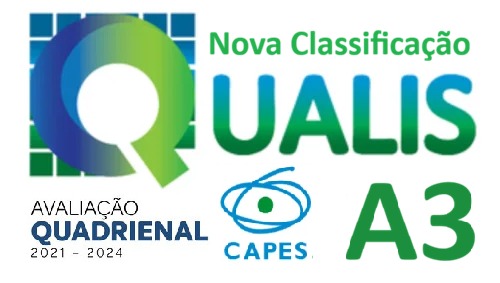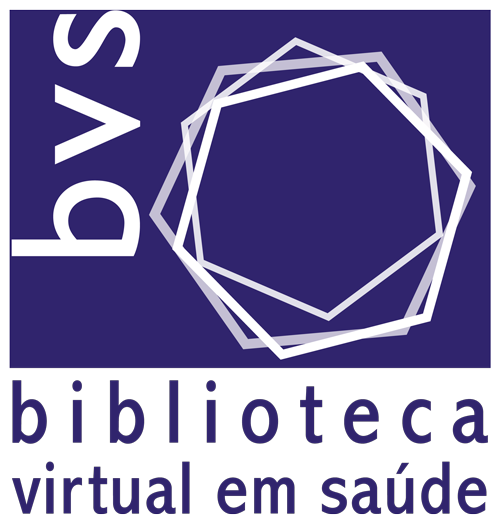Decision Support Method in the Assessment of Nuclear Knowledge Management using Fuzzy Logic
DOI:
https://doi.org/10.15392/2319-0612.2022.1785Palabras clave:
knowledge management, decision support method, fuzzy logicResumen
The knowledge of workers constitute as valuable resources, as they enable organizations to perform their functions successfully. However, there are conditions that favor the loss of this knowledge in organizations, as for example, the natural aging of workers and consequently the retirement and staff turnover. Then, it becomes important for organization to seek the preservation these knowledge. For a successful implementation of Knowledge Management (KM), it is important to identify the barriers or critical factors that affect the success of the KM process.
From the perspective of the nuclear organizations, no systematic framework exists on characterizing a set of critical success factors (CSFs) for implementing KM. Furthermore, the CSFs assessment deals with uncertainty and imprecision of human judgments. In this context, this paper presents a decision support method using CSFs and logic fuzzy to assess the KM in nuclear organizations. Fuzzy theory is essentially used in mapping quantitative models for decision support and representation methods in imprecise and uncertain environments. The decision support method was applied at the Laboratory of Human-Systems Interfaces of the Nuclear Engineering Institute. The results showed that the method is a good assessment tool for the elaboration of nuclear knowledge management strategies.
Descargas
Referencias
IAEA - Intenational Atomic Energy Agency. Nuclear Energy Series NG-T-6.11: Knowledge Loss Risk Management in Nuclear Organizations. Viena: IAEA, 2007.
WONG, K. Y. Critical Success Factors for Iimplementing Knowledge Management in Small and Medium Enterprises. Industrial Management & Data Systems 3, v. 105, p. 261-279, 2005. DOI: https://doi.org/10.1108/02635570510590101
GRECCO, C. H. S., VIDAL, M. C., COSENZA, C. A. N., SANTOS, I. J.A. L., CARVALHO, P. V. R. Safety culture assessment: A fuzzy model for improving safety performance in a radioactive installation. Progress in Nuclear Energy, v. 70, p. 71-83, 2014. DOI: https://doi.org/10.1016/j.pnucene.2013.08.001
GENTILE, M., ROGERS, W., MANNAN, M. Development of an inherent safety index based on fuzzy logic. AIChE Journal, v. 49, p. 959-968, 2003. DOI: https://doi.org/10.1002/aic.690490413
Nunes I. L. ERGO X – The model of a fuzzy expert system for workstation ergonomic analysis, In: INTERNATIONAL ENCYCLOPEDIA OF ERGONOMICS AND HUMAN FACTORS, Karwowski W. (Ed.), CRC Press, p. 3114-3121, 2006.
TAKEUCHI, H., NONAKA, I. Gestão do Conhecimento, 1. ed., Porto Alegre, Brasil , 2008.
TERRA, J. A. Gestão do Conhecimento: O Grande Desafio Empresarial, 5. Ed., Rio de Janeiro, Brasil, 2005.
WANG, J., PETERS, H. P., GUAN, J. Factors Influencing Knowledge Productivity in German Research Groups: lessons for developing countries. Journal of Knowledge Management, v.10, p. 113-126, 2006. DOI: https://doi.org/10.1108/13673270610679408
GRECCO, C. H. S., AUGUTO, S. C., SOUZA, J. T. V., CARVALHO, P. V. R., DAVILA, A. L. A method for the evaluation of knowledge management systems. Brazilian Journal of Radiation Sciences, v. 9, p. 1-12, 2021. DOI: https://doi.org/10.15392/bjrs.v9i2B.1250
HSU, H. M., CHEN, C. T. Aggregation of fuzzy opinions under group decision making. Fuzzy Sets and Systems, v. 79, p. 279-285, 1996. DOI: https://doi.org/10.1016/0165-0114(95)00185-9
Descargas
Publicado
Número
Sección
Licencia
Derechos de autor 2022 Brazilian Journal of Radiation Sciences (BJRS)

Esta obra está bajo una licencia internacional Creative Commons Atribución 4.0.
Licencia: los artículos de BJRS tienen una licencia internacional Creative Commons Attribution 4.0, que permite el uso, el intercambio, la adaptación, la distribución y la reproducción en cualquier medio o formato, siempre que se otorgue el crédito correspondiente al autor o autores originales y a la fuente, proporcione un enlace a la licencia Creative Commons e indique si se realizaron cambios. Las imágenes u otros materiales de terceros en el artículo están incluidos en la licencia Creative Commons del artículo, a menos que se indique lo contrario en una línea de crédito al material. Si el material no está incluido en la licencia Creative Commons del artículo y su uso previsto no está permitido por la regulación legal o excede el uso permitido, el autor deberá obtener el permiso directamente del titular de los derechos de autor. Para ver una copia de esta licencia, visite http://creativecommons.org/licenses/by/4.0/



























